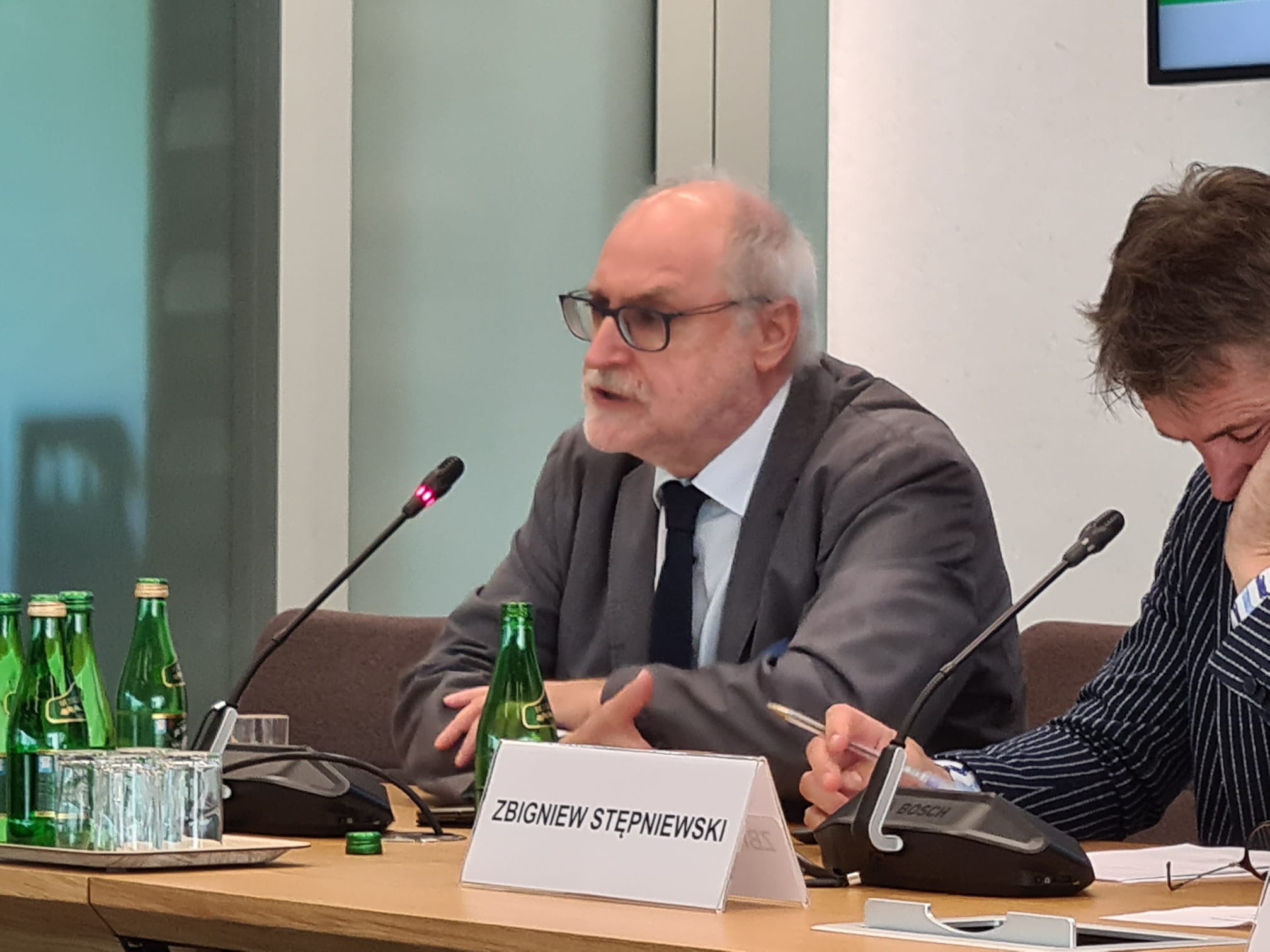Deputy Minister of Climate and Environment Maciej Bando said that PERN is able to significantly increase oil transit to the Schwedt refinery in Germany without harming Polish refineries. The Leuna refinery is also interested in increasing supplies through Gdańsk by 1-1.5 million tons in 2024.
In early July, Prime Minister Donald Tusk and German Chancellor Olaf Scholz signed a document on cooperation in the field of oil infrastructure and fuel supply stability. They agreed on the coordination of oil supplies to the PCK Schwedt refinery through the Polish Naftoport, and also discussed the ownership status of this refinery. In the event of disruptions in transit flows through Russia, Poland and Germany have committed to close cooperation.
Law and Justice MP Maciej Małecki accused Prime Minister Tusk of agreeing to increase oil supplies to the Schwedt refinery, in which Rosneft holds a majority stake, despite earlier Polish conditions aimed at eliminating Russian ownership of the refinery. Małecki also emphasized the risk associated with circumventing the sanctions imposed on Russia by transporting Russian oil under the guise of Kazakh oil.
Deputy Minister Bando assured that PERN complies with all sanctions imposed on the Russian Federation, and the oil shipped through Poland comes from Kazakhstan. He added that PERN provided only a service for the transfer of the fossil fuel and has sufficient transshipment capacity to increase the transit of oil to Germany without affecting the supply of Polish refineries.
Bando stressed that PERN did not conduct talks or carry out oil deliveries to Rosneft Deutschland, and that the sea deliveries are carried out to the shareholders of PCK refineries in Schwedt, such as Shell and Eni.
PERN has an additional transmission capacity of 4 million tons, which provides a „large margin of safety” for oil supplies to Orlen. In 2024, the Leuna refinery revealed it was interested in increasing deliveries via Gdańsk.
Bando noted that PERN’s revenues come from oil transportation fees, so if customers quit the company’s revenues could be affected. He also addressed concerns about cheaper fuel from German refineries, stressing that price differences are minimized by the single market and tax rates in Europe.
Rosneft owns 54.17 percent of the PCK Schwedt refinery, but the German government controls it through a government agency.
Polish Press Agency / Mateusz Gibała









